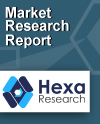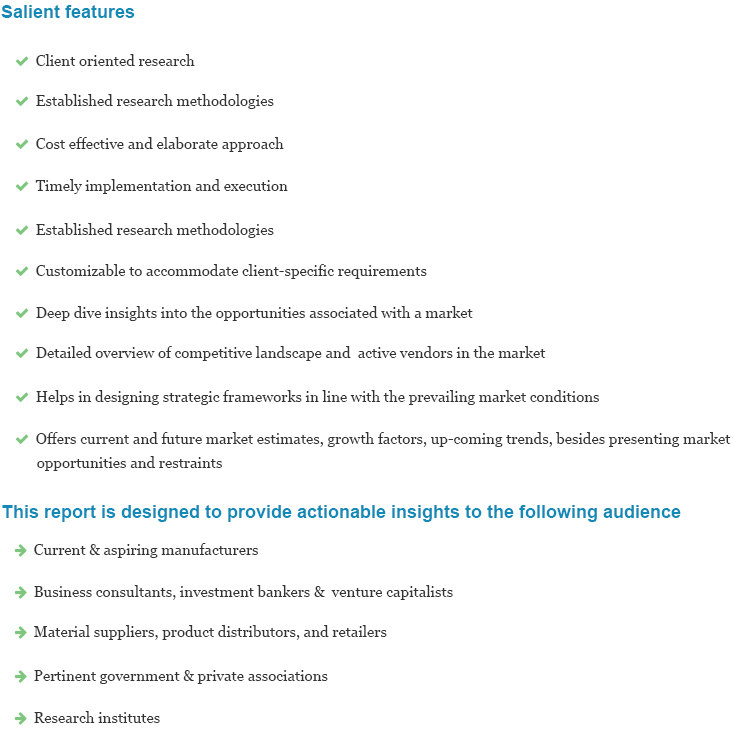
Protein Therapeutics Market Analysis, Market Size, Application Analysis, Regional Outlook, Competitive Strategies And Forecasts, 2015 To 2025
- Published: December, 2018
- Format: Electronic (PDF)
- Number of pages: 70
- Industry: Pharmaceuticals
The global protein therapeutics market is expected to exhibit notable growth in the coming years owing to high prevalence of chronic diseases and increasing awareness among individuals regarding effectiveness of protein therapies. Rising incidence of diabetes, cancer, and cardiovascular diseases has resulted in increased demand for these therapeutics owing to their minimal side effects. Proteins play an important role in maintaining healthy lifestyle. Individuals who are unable to produce or breakdown required proteins are more vulnerable to diseases. For instance, diabetes is caused due to dysfunctional formation or processing of the protein insulin.
Development of new plasma-derived therapies is also expected to boost the market growth. Growing concerns regarding several life threating diseases caused due to immune or neurological problems are expected to fuel demand for these therapies in coming years. Some of the prevalent diseases are multifocal motor neuropathy (MMN), ideopathic thrombocytopenic purpura (ITP), and chronic inflammatory demyelinating polyneuropathy (CIPD). Other infectious diseases, such as Rabies and hepatitis A&B, are anticipated to increase demand for these therapies. Proteins that originate in plasma are vital for clotting and better immunity. Furthermore, technological developments in effective and cost-efficient process for the breakdown is likely to boost the market growth in coming years.
Some of the key trends in the market are hepatic metabolism and rapid elimination and increasing focus on development of Biobetters. Advancements in recombinant protein drugs and antibody-based drugs are also contributing to the market growth. Furthermore, development of novel manufacturing techniques is a key driving factor in the market. Earlier, proteins were extracted from human body or other biological resources. Due to advancements in recombinant DNA technology, manufacturers can produce bulk quantities of therapeutics with the help of genetically modified organisms. Blood products are also manufactured with the help of DNA technology using mammalian cell culture systems or bacterial expression systems.
High cost associated with these therapies is expected to restrict the market growth in future. In addition, presence of strict government regulations and complex reimbursement scenario are expected to challenge the market growth. However, existence of untapped opportunities in developing economies can have a positive impact on the market.
Various types of protein therapeutics in the market include monoclonal antibodies, human growth hormone, insulin, erythropoietin, fusion protein, and follicle stimulating hormone interferon. Monoclonal antibodies hold a prominent share in the market owing to their broad-spectrum mode of action and widespread usage in treating chronic diseases. In addition, high occurrence of cancer has increased demand for these therapeutics as a targeted therapy.
North America is a leading region in the market owing to high incidence of cancer and other chronic diseases, increasing practice of these therapeutics, and growing awareness among population regarding these therapeutics. In addition, high adoption of plasma protein therapeutics is likely to drive the regional growth. Increasing awareness concerning regular blood donations, presence of commercial organizations with sophisticated technologies for fractionating procedures, and high disposable income of the consumers are also likely to have a positive impact on the regional market growth.
U.S. is contributing significantly to the regional growth owing to presence of well-established healthcare infrastructure, technological developments, and better reimbursement facilities. Asia Pacific is projected to emerge highly lucrative in the years to come due to advancement in healthcare infrastructure, improving economic condition, and favorable government policies. In addition, growing occurrence of chronic diseases and increasing consumer awareness level are expected to increase demand for these therapies in the region. Countries, such as India and China, are expected to support the regional growth due to high adoption of these therapies.
Some of the leading companies operating in the protein therapeutics market are Pfizer, Inc.; Johnson & Johnson; Amgen, Inc.; Johnson & Johnson; and Roche Group. Gotham Therapeutics, a prominent biotechnology company, established a platform to evaluate the effect of RNA-modifying proteins on disease biology and established small molecules against priority targets. The investment was done by Versant Ventures, Forbion and S.R. One. This Series A proceeds will enable the company to develop clinical proof of concept and to invest in a pipeline of preclinical candidates, which are capable to treat diseases.

Choose License Type
- World's largest premium report database
- Transparent pre & post sale customer engagement model
- Unparalleled flexibility in terms of rendering services
- Safe & secure web experience
- 24*5 Research support service
